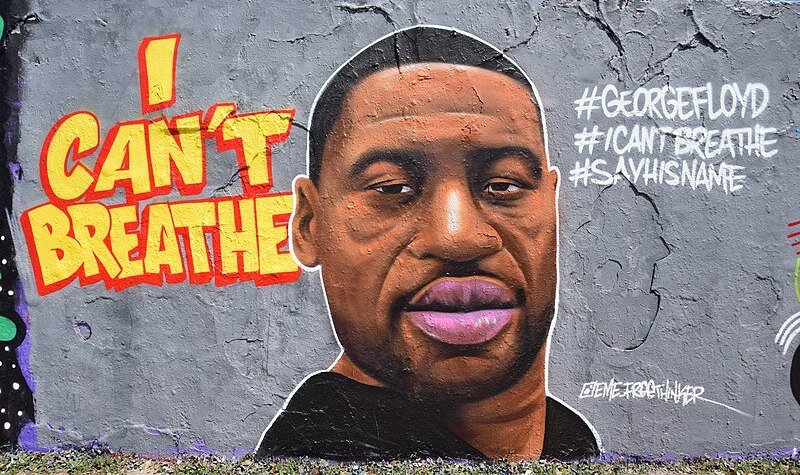5 Action Steps Churches Can Take Toward Racial Reconciliation
On June 15, 2020, more than 200 pastors and leaders from across Houston gathered at a local church to discuss how they could collectively contribute to racial healing and reconciliation in our city. While many churches and leaders have historically been involved in efforts of racial reconciliation, George Floyd’s murder sparked a renewed urgency in calls for societal change.
Pastors from various parts of the Greater Houston area responded to the call to gather and to think spiritually and strategically as to how we could collaborate in this race conversation. This desire to collaborate not only gives us, as local leaders, opportunities to grow in community together, but it also helps us to lead our local congregations to do the same.
Together, we developed these five action items towards racial reconciliation:
1. Steward the Sermon
“Until I come, devote yourself to the public reading of Scripture, to preaching, and to teaching.”
1 Timothy 4:13
We believe that Gospel preaching not only has the power to affect positive change in a local congregation but also the city. We commit to teaching about race and ethnicity. We will create a sermon series to be shared with pastors across the city, discussing issues of race and unity.
Regarding this action item, we are starting a sermon series in October/November called God on Race, Race: The Religious & The Righteous. In the video below, Pastors Blake Wilson and Steve Bezner walk through the eight passages of Scripture we will use for this sermon series. We pray that you would consider joining us in this effort as we serve our city.
2. Leverage Legislation
“Let everyone be subject to the governing authorities, for there is no authority except that which God has established. The authorities that exist have been established by God.”
Romans 13:1
We believe that in our subjection to government, we have an opportunity to address laws that may negatively affect our ability to fight racial injustice.
3. Commit to Community
“They broke bread in their homes & ate together with glad and sincere hearts.”
Acts 2:46
We believe that authentic community can develop when people spend time with each other. We want every pastor to commit to a monthly fellowship meal with a person of a different ethnic or racial group. We also challenge pastors to lead their congregations to do the same.
Exponential is hosting regional roundtables throughout the greater Houston area to begin these kinds of conversations. You can register here for an event near you.
4. People of Peace (Peace Officers relationship with Churches)
“If it is possible, as far as it depends on you, live at peace with everyone.”
Romans 12:18
We believe that there are opportunities for police officers and communities to continue to grow in peaceful relationships. We will work to create spaces to deepen those relationships.
5. Common Confession and Commitments
“Let the message of Christ dwell among you richly as you teach and admonish one another w/all wisdom through psalms, hymns, & songs from the Spirit.”
Acts 2:46
We believe that common language across our city can unite the work we are all doing in racial reconciliation. We will suggest fundamental biblical truths about unity, diversity, and reconciliation that should be common among all Christ-followers.
Lawrence is the planting and Lead Pastor of Harvest Point Fellowship Church and a church consultant for UBA. He is married to Shannon Scott, and they have six children: Kaelyn, Leah, Eden, Lawrence III, Zachary, and Raegan. He earned a Bachelor of Arts degree in Philosophy from the University of Houston, a Master of Theology (ThM) degree from Dallas Theological Seminary (DTS), and a Doctor of Ministry in Leadership and Church Health from DTS in Dallas, Texas. Lawrence seeks to serve the unique needs of new and existing African-American congregations.





After George Floyd’s murder sparked a renewed urgency in calls for societal change, pastors from around the Greater Houston area gathered to think spiritually and to collaborate strategically in this race conversation. Together, we developed five action items toward racial reconciliation.
For step one, we pray that you would consider joining in a sermon series as we seek to serve our city.